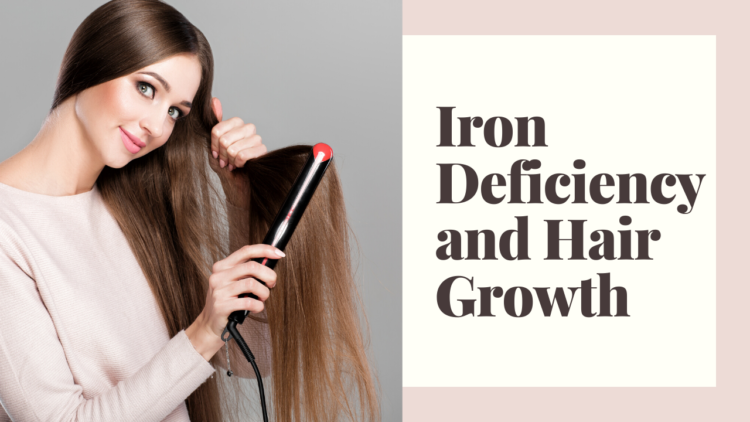Iron deficiency is frequently linked to hair loss, although this very simple condition often goes misdiagnosed or ignored until it’s too late. In this article, I’m going to give you some basic information on how iron and other minerals affect hair growth and what you should do about it.
How Does Iron Affect Hair Growth?
Since hair growth is a continuous metabolic (hence “growth”) process, it requires a constant supply of essential vitamins and minerals in order to function well. It’s long been known that iron and vitamin D are both extremely important to our metabolism and any deficiencies can have serious adverse effects.
Curiously, hair growth is considered to be a non-essential process (by the body), which means that it’s always one of the last things on your body’s to-do list. For this reason, vitamin and mineral deficiencies have such a strong effect on hair growth: there’s simply not enough “fuel” left over for these not-very-important processes, and so they are ignored.
Now, practically anyone can suffer from an iron deficiency. Some of the most common risk factors are:
- Following a vegan or vegetarian diet.
- Women of menstruating age (blood loss during periods leads to chronic iron deficiency when combined with an unhealthy diet).
- People who suffer from various health conditions such as anemia.
Possible iron deficiency symptoms are: difficulty sleeping, increased anxiety levels, chronic fatigue, depression, skin that’s very sensitive to cold, brittle nails, muscle weakness, and so on. The most important thing is to get proper blood tests done. These tests are not expensive, just ask your doctor to check your blood iron levels. Never self-supplement with iron without a proper diagnosis.
Does Supplementation Help?
If your hair loss was caused by an iron deficiency, taking supplements will surely help. Sadly, making an accurate diagnosis can often be very difficult, because hair loss can be caused by a huge range of factors. Normally however, both men and women with severe iron deficiency experience slow, gradual decline of hair density on the scalp (which, unlike pattern baldness, affects the entire scalp).
Iron deficiencies are almost always accompanied by other vitamin/mineral deficiencies as well as the inability to absorb certain minerals from food (either due to a medical condition or poor diet). For this reason, most people who take iron supplements should also be taking a multivitamin that includes vitamins C and D. Vitamin C is particularly important for absorption of iron.
Foods like lean red meat (sirloin steak), green leafy vegetables (spinach), lentils, beans (especially kidney beans), dried apricots, and so on also contain iron. Studies show that protein-based iron sources are by far the best way to replenish our iron supplies (which means eating lean red meat, skinless and boneless chicken breast, turkey breast, etc).
Remember that iron deficiencies take a long time to develop and an even longer time to go away completely. Sadly, normal hair/nail growth can take many months (normally between 3 to 6 months) to resume, so be patient and do not just assume that your treatment didn’t work.



Comments are closed.